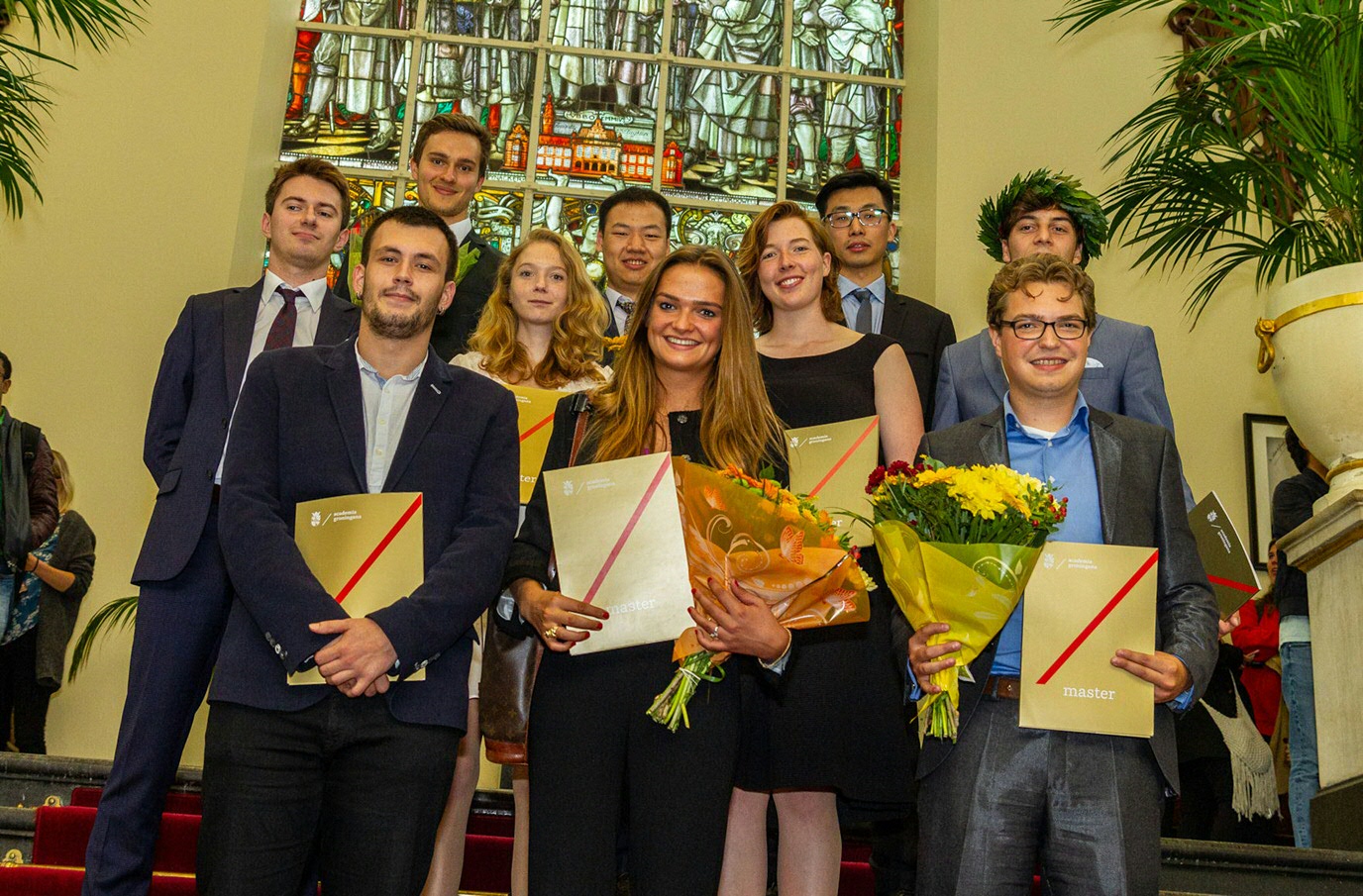Master's programme in Nanoscience assessed as excellent for the 3rd time
The Top Master's programme in Nanoscience has been assessed by an international peer review committee, organized by QANU, and their report has now been published and confirmed by the NVAO (Accreditation Organisation of the Netherlands and Flanders). On three standards of the four standards that have to be assessed, the committee has awarded the Master's degree programme the highest possible distinction of "excellent".
The overall summary assessment is also "excellent". The meaning of this epithet is, according to the NVAO rules: "The programme systematically well surpasses the generic quality standards across its entire spectrum and is regarded as an (inter)national example". This is the third time that the Nanoscience programme has received this distinction of "excellent".
The committee writes: "The students of the Master's programme convincingly show that they systematically far exceed the expected level for graduates of a Master's programme." and "Overall, the panel was very impressed by the programme's design and focus, and considers it an internationally unique Master's programme."
The Master's degree programme in Nanoscience started in 2003. The sixteenth cohort of students started in September 2018. So far, more than 110 students have graduated from this degree programme, of whom almost everyone continued towards a PhD.
The Master's programme in Nanoscience is offered in close collaboration with the Zernike Institute for Advanced Materials, a leading international research centre in this field. It belongs to the Times Higer Education top 20 of best materials research institutes in the world. It unites around 300 leading researchers.

| Last modified: | 07 February 2019 12.02 p.m. |
More news
-
25 April 2025
Leading microbiologist Arnold Driessen honoured
On 25 April 2025, Arnold Driessen (Horst, the Netherlands, 1958) received a Royal Decoration. Driessen is Professor of Molecular Microbiology and chair of the Molecular Microbiology research department of the Faculty of Science and Engineering at the...
-
24 April 2025
Highlighted papers April 2025
The antimalarial drug mefloquine could help treat genetic diseases such as cystic fibrosis, Duchenne muscular dystrophy, as well as some cancers.
-
22 April 2025
Microplastics and their effects on the human body
Professor of Respiratory Immunology Barbro Melgert has discovered how microplastics affect the lungs and can explain how to reduce our exposure.
